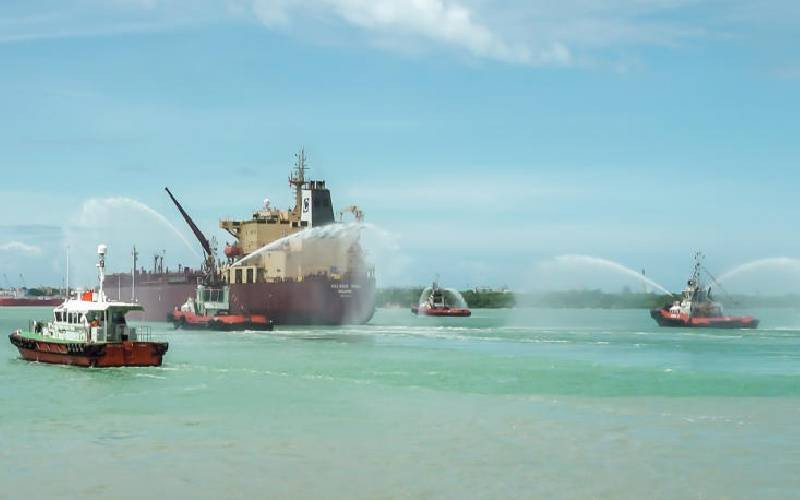
This week has seen a resurgence of calls for the abandonment of the East African Crude Oil Pipeline (EACOP) project, following the company's application to the Ugandan government for a licence to start construction.
Uganda and Tanzania signed an intergovernmental agreement to have the commercially viable oil at the former's Lake Albert basin extracted and transported in a heated pipeline over 1,443km to Tanga Port for export. Up to 1,147km of the would-be world’s longest heated pipeline will be in Tanzania and 296km in Uganda.







